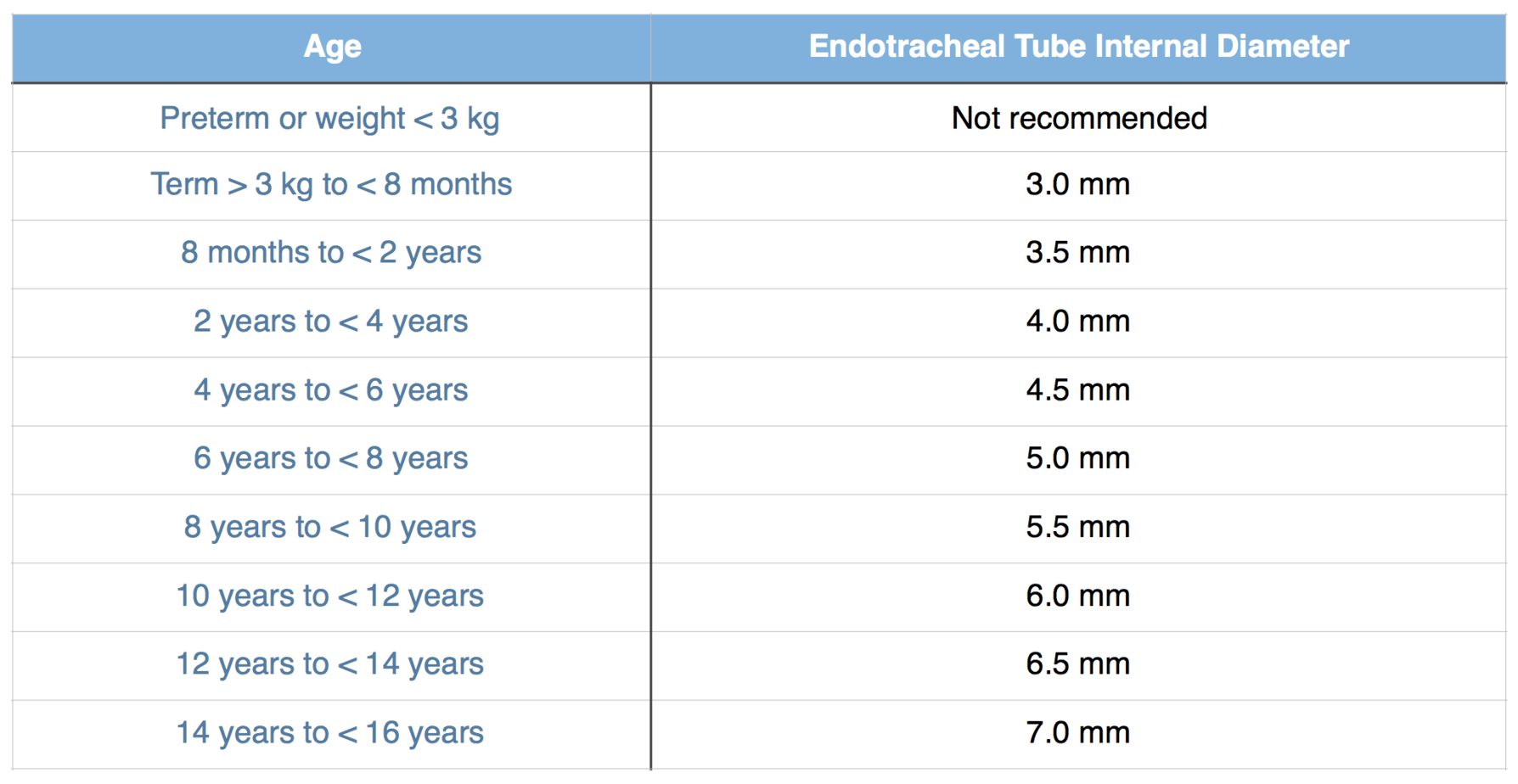Veterinary Labs: Essential for Monitoring Pet Health
Veterinary Labs: Essential for Monitoring Pet Health
Blog Article
The health of pets is a top priority, and maintaining their vitality starts with health checks. Pet health labs are pillars of modern pet care in preventing diseases for our four-legged friends.
This article, we’ll discuss the importance of veterinary labs and review key diagnostic services.
How Do Veterinary Laboratories Work?
Animal health testing facilities provide health assessments for examining samples. Veterinary professionals use these labs to monitor ongoing conditions.

Their process usually includes:
- Obtaining specimens: Specimens from pets are gathered during visits.
- Sample examination: Specialized tools and methods conduct the tests.
- Analyzing findings: Insights guide care plans for effective health management.
Key Diagnostics for Pet Health
Diagnostic exams are tailored to pet needs to detect illnesses early. Routine diagnostics include:
- Hematology panels: Identify infections.
- Urinalysis: Spot urinary tract infections.
- Fecal analysis: Ensure proper nutrient absorption.
- Dermatological diagnostics: Identify irritants.
- Advanced imaging tests: Detect tumors or growths.
laboratório veterinario splaboratorio necropsia veterinaria
The Benefits of Veterinary Testing
Regular testing is key to keeping pets healthy. By addressing concerns promptly, you save on emergency costs.

The advantages include:
- Proactive care: Chronic issues are managed.
- Saving on future treatments: Small problems are treated before they escalate.
- Trust in their well-being: You’ll know they’re thriving.
The Value of Diagnostics for Pet Owners
Veterinary labs ensure pets get the best care possible. By scheduling routine tests, you give them the care they deserve.
Start their journey to better health today and help them live their best lives!
Report this page